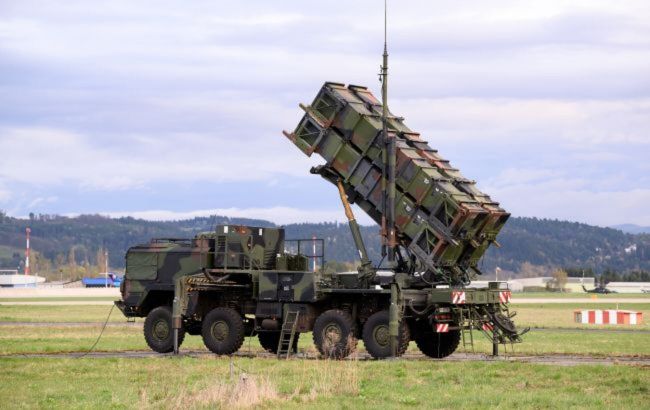Patriot, Hellfire, Stinger: NBC reveals which US shipments to Ukraine paused
 Photo: the list of suspended deliveries is extensive (Getty Images)
Photo: the list of suspended deliveries is extensive (Getty Images)
The Pentagon has suspended the delivery of multiple types of missiles to Ukraine, including systems intended for both air defense and frontline operations, according to NBC News.
According to the outlet’s sources, the list of halted deliveries includes:
-
dozens of Patriot missile interceptors;
-
thousands of 155 mm high-explosive artillery shells;
-
more than 100 Hellfire air-to-ground missiles;
-
over 250 GMLRS precision-guided rockets;
-
dozens of Stinger surface-to-air missiles, AIM air-to-air missiles, and grenade launchers.
Some of these weapons, the sources said, are already in the region but have been withheld before reaching Ukraine.
Purpose of missiles and munitions
The listed weapons serve both air defense and ground combat roles.
Air defense systems include:
-
Patriot interceptors – long-range surface-to-air missiles;
-
Stinger missiles – portable short-range surface-to-air systems;
-
AIM missiles – air-to-air missiles mounted on aircraft, also used to engage aerial targets.
Weapons for ground combat include:
-
155 mm artillery shells – used by howitzers to strike ground targets;
-
Hellfire missiles – guided air-to-ground missiles, primarily anti-tank or for hitting fortified positions;
-
GMLRS (Guided Multiple Launch Rocket System) – precision rockets for HIMARS, targeting ground positions;
-
Grenade launchers – close-range anti-personnel and anti-vehicle weapons.
Decision to suspend aid
According to NBC, the order to halt missile and ammunition shipments was issued by Defense Secretary Pete Hegseth amid growing concerns about US weapons stockpiles.
Hegseth gave the order a few weeks after releasing a memorandum calling for an inventory review of US munitions, which have been heavily depleted by years of arms deliveries to Ukraine and nearly two years of military operations in the Middle East.
Two Pentagon officials and two congressional aides told NBC that the shipments could remain paused until the assessment is complete. If supplies are found to be insufficient or are needed elsewhere, some of the deliveries could be delayed even longer.

